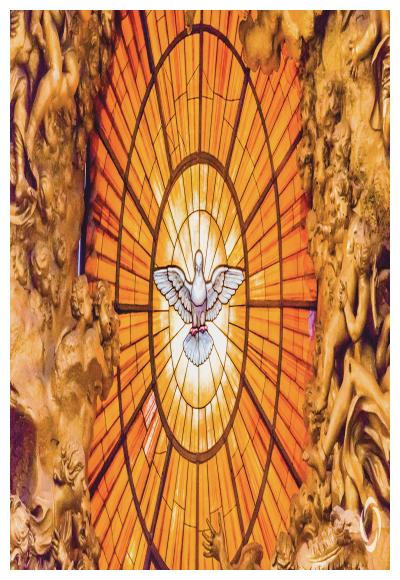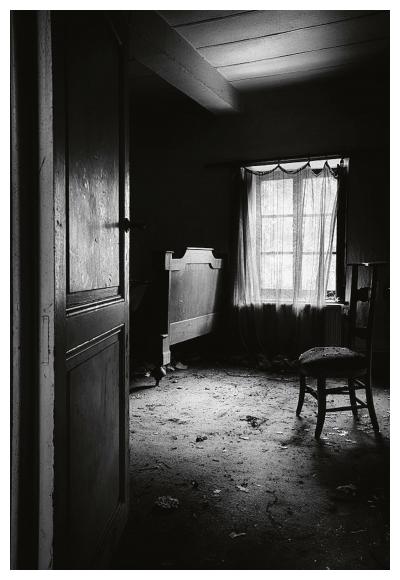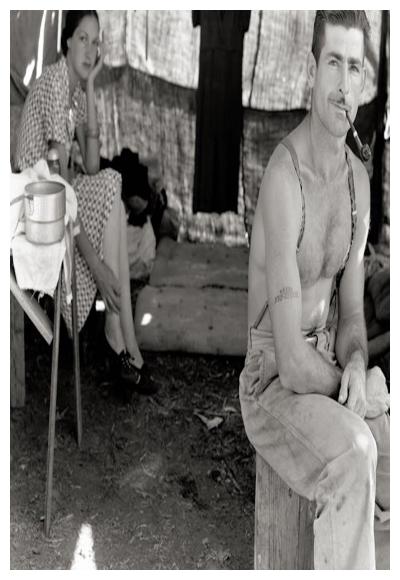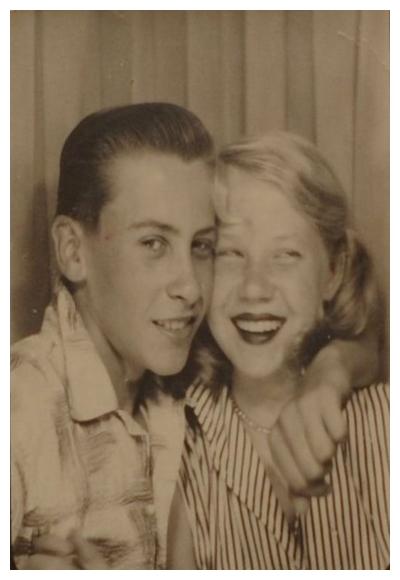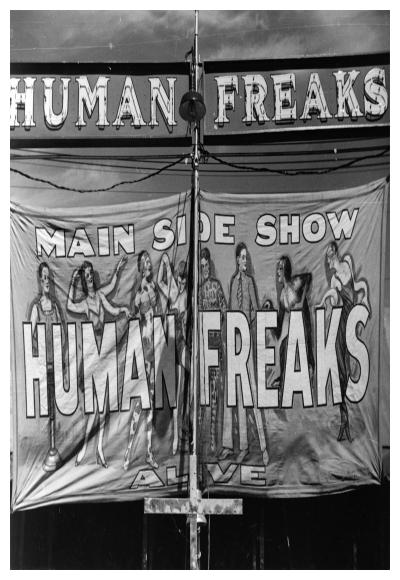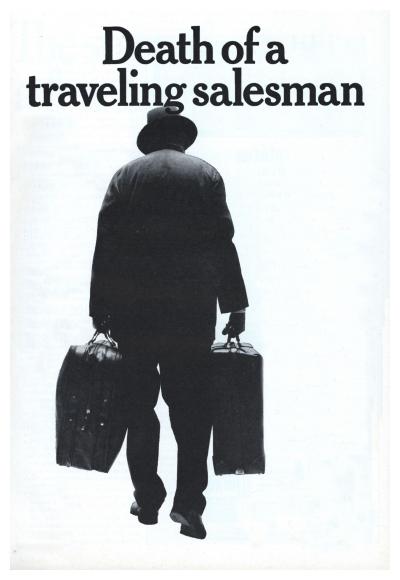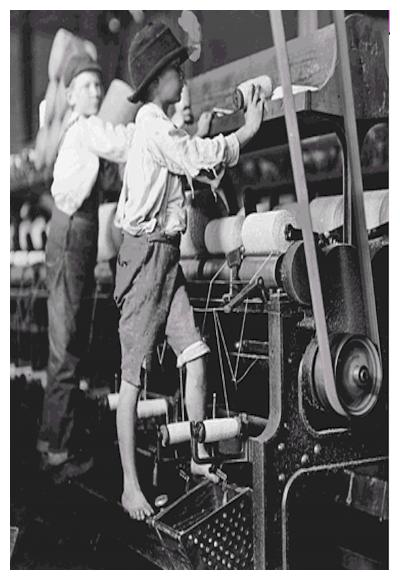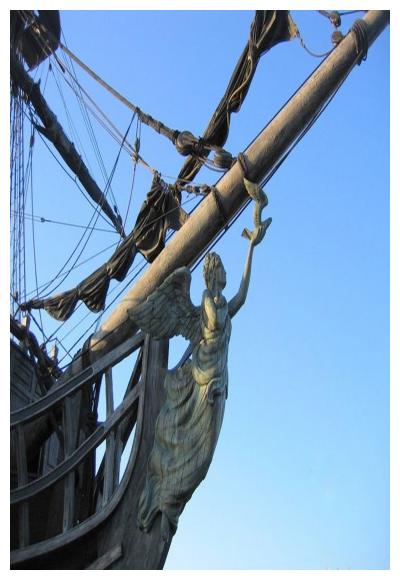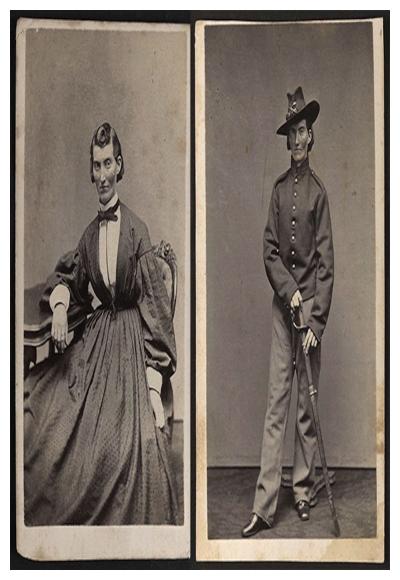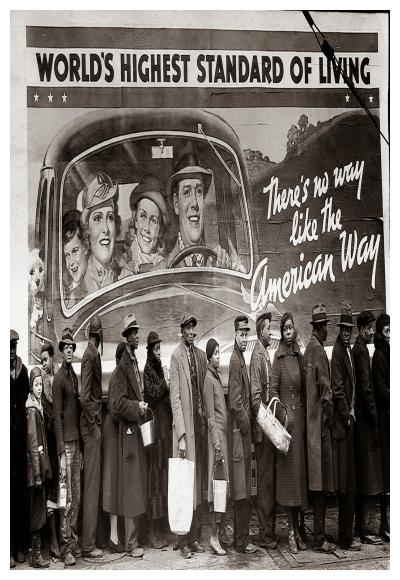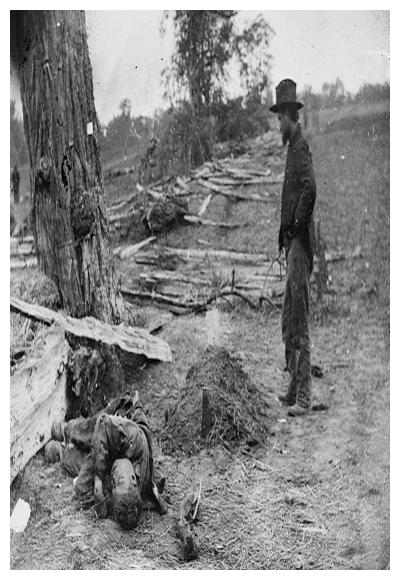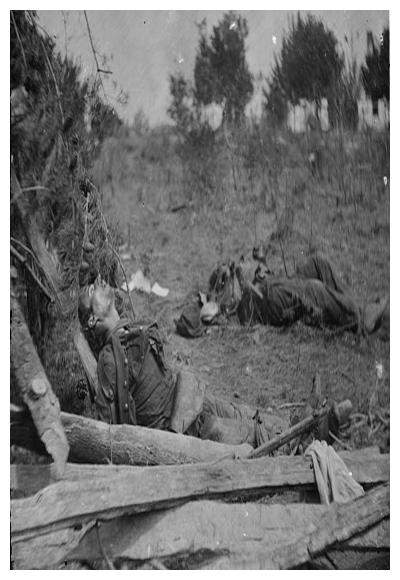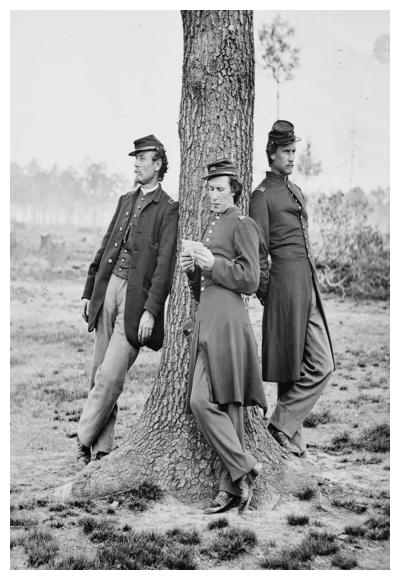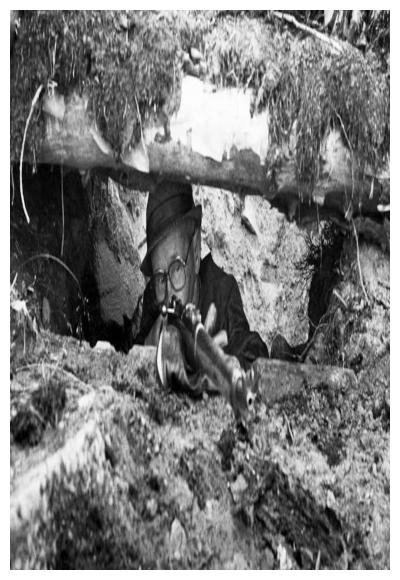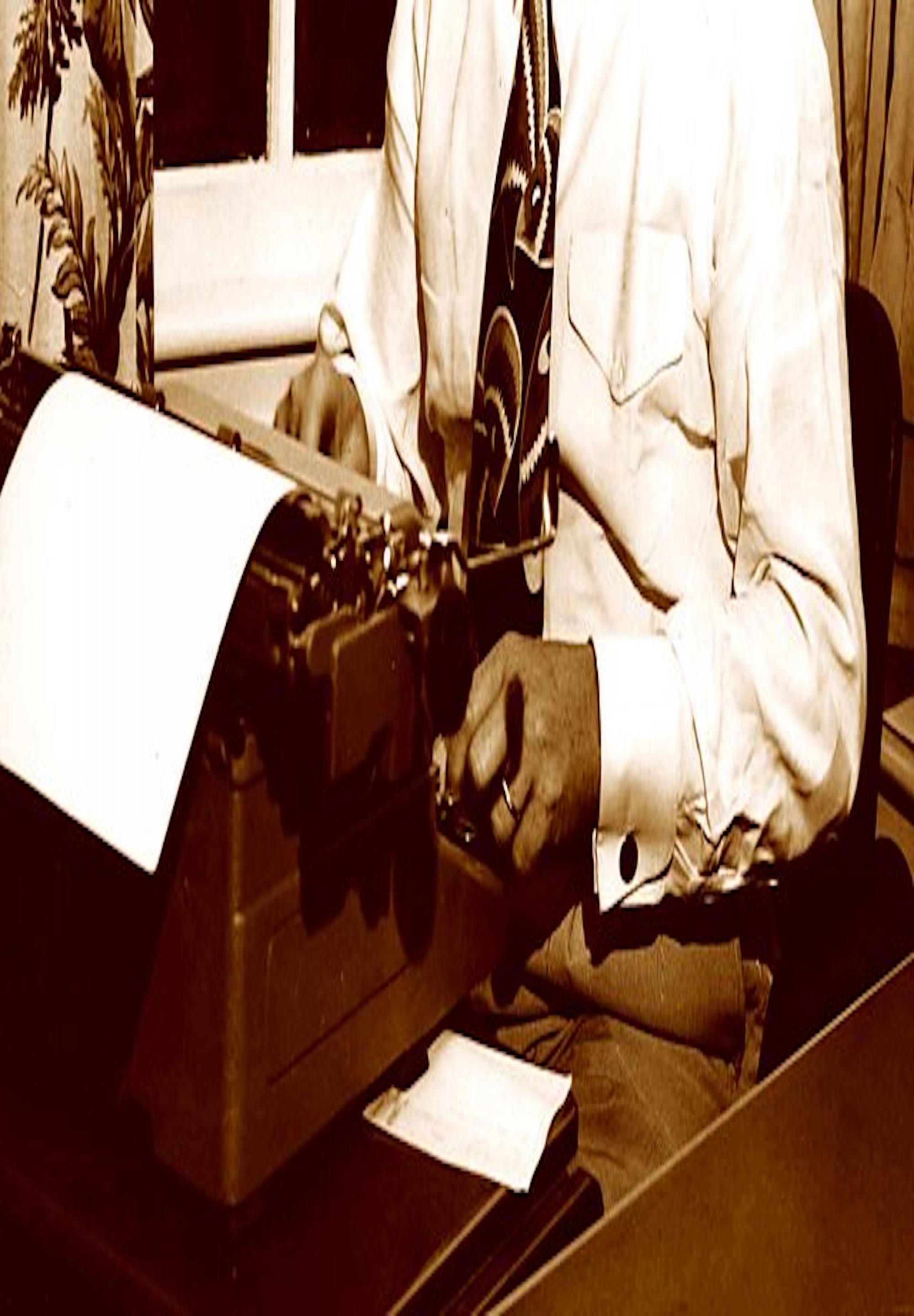
Synopsis/Details
In this farcical, satirical comedy, Pat Hobby is a down-and-out scriptwriter in Hollywood. Once successful as a good “structure man” during the silent age of cinema, he is reduced in the sound era—specifically here, 1938 to 1940—to an alcoholic jobber hanging around the studio lot. Much of "Fitzgerald’s Hobby, or Adventures in the Script Trade" finds Hobby broke and engaged in some ploy for money or a much-desired screen credit, but his antics usually backfire and end in further humiliation.
Part I, “Deception”
Forced into working over the 1938 Christmas holiday to meet a deadline, Pat Hobby and his new secretary devise a scheme to blackmail studio executive Harry Gooddorf. Hobby entertains fantasies of recapturing his status and wealth once Gooddorf makes him a producer at First National Studios, but Hobby and his secretary’s incriminating evidence (a memo that seems to implicate Gooddorf in the unsolved murder of the director William Desmond Taylor) turns out to be nothing more than a slightly cryptic expression of grief. Wise to the plot, Gooddorf grants his employee’s new Christmas wish: that he, the executive, ignore the accusation and leave Hobby on the payroll as a lowly writer.
Short on ideas at DaVille, his next studio, Pat Hobby wanders into what he thinks is an unoccupied office, only to meet a young woman writer who shares with him a story she is considering about an artist in wartime Europe—one who is turned down for the job of removing his own paintings from a museum for safekeeping. Hobby dismisses the idea, but when his own stories fail to excite the executives during a pitch meeting, he regains their favor by claiming the story about the artist as his own. Elated, Hobby subsequently calls the woman writer for a date but is turned down. Hanging up the phone, she turns her attention to Jack Berners (the executive who bought Hobby’s stolen story, and her ostensible lover) and begins to tell him about the original story about an artist that she is developing.
Pat Hobby is employed by a new studio executive, Phil Banizon. Hobby’s job is to track down a writer and recover an important story detail that Banizon has forgotten, so that the screenplay under way can proceed without needing to put the writer back on salary. Hobby finds the writer in a bar after a night of heavy drinking, and gets the information he wants. The writer ultimately realizes that he has been tricked and a fight breaks out, during which the bouncer at the bar accidentally kills the writer. Hobby is forced to testify as a witness, but cowardly claims to remember nothing about the fight. Meeting later with Banizon to reveal the story secret (and negotiate a price for his recovery of it), Hobby realizes that this, too, has slipped his mind.
Part II, “Concoction”
After learning that he might be stripped of a screen credit, Pat Hobby plans to attend the premiere of the film that he co-authored for yet another studio, Global Pictures. He meets a beautiful young woman on the studio lot and invites her to attend with him. When he attempts to claim his tickets, Hobby is informed that the premiere is sold out, but he is given the tickets left behind by his co-author, who has refused to attend for unknown reasons. When Hobby arrives at the theater with his date, he is refused admittance; the tickets he presents at the door are actually for a burlesque show somewhere else. Adding insult to injury, Hobby is subsequently told that the film is a disaster—and that he will be allowed to retain his screen credit after all.
Sporting a new look—a beard that (he thinks) makes him look like the new Hollywood sensation, Orson Welles—Pat Hobby encounters a series of people at Monograph Movies (Phil Banizon’s studio), including a beautiful young actress, a non-working director, an unstable executive, and a callboy with fresh story ideas. In need of an assignment, Hobby puts together a team from this group and tries to sell their (really the callboy’s alone) idea for a film. After collaborating with Hobby’s ex-wife on the script, the team pitches their idea to Banizon, who rejects the project outright, pointing out its crippling inadequacies—including the young actress’s inability to speak English. The talented callboy, however, is offered a job as a screenwriter, and, for all his trouble, Hobby is given another month of work.
Pat Hobby’s secretary at Monograph drives around Los Angeles, failing to find a place to dispose of some unknown objects. She calls Hobby to complain about the task, but he cuts her off, as he is about to visit a university campus where he hopes to create a stir about the possibility of writing a college-themed film—and perhaps to gain some financial backing while he’s at it. During his meeting with the faculty, Hobby’s secretary is brought in by a guard, who caught her on the campus with a large sack of empty liquor bottles: remnants from Hobby’s most recent assignment at Phil Banizon’s studio. His image compromised, Hobby leaves before his idea for a film can be rejected.
Part III, “Diversion”
After returning to Global Pictures and borrowing money from a stunt man on a set, Pat Hobby is asked to give a tour of the studio to some special guests. He is introduced to an Indian nobleman and his adopted nephew, who claims that Hobby may be his biological father. Confused, Hobby leads the pair on a lackluster tour during which they walk onto a working set, thus spoiling the filming in progress. The foreign pair leave Hollywood, but only after thanking Hobby for the tour and offering him a cash allowance that will be paid monthly for the rest of his life—except in the case of a war involving England, which would complicate Indian finances. Hobby gets drunk to celebrate his good fortune, but wakes up the next day—September 3, 1939—to read in a newspaper of Great Britain’s declaration of war against Germany.
Still at Global Pictures, Pat Hobby works on a script about a nineteenth-century American military figure, General Fitzhugh Lee. Between bouts of writer’s block, Hobby daydreams about his glory days as a well-paid Hollywood screenwriter. His memories become more and more fantastic, as he recalls a visit to the studio by the President of the United States, who later visited Hobby’s neighborhood and complimented him on his swimming pool. Filled with self-loathing at what he has become, and after being snubbed by colleagues in the hallway, Hobby turns his frustration into dialogue for his new war script.
Out of habit, Pat Hobby wanders around First National Studios, despite not having a job there (or anywhere else). He steals an executive’s hat from the commissary check room, since he hasn’t enough money to buy one of his own. When Harry Gooddorf subsequently asks him, for a fifty-dollar fee, to help think of a title for a film set in a tourist motel—because everyone else is too busy looking for the lost hat—Hobby fears that his own secret job as a night clerk at just such a motel has been discovered. Crestfallen, he drinks the brandy that he finds in an unoccupied office and, in his drunken state, accidentally supplies a title for the film—and the fee.
While having his shoes shined in the spring of 1940, the unemployed Pat Hobby meets a movie director—from DaVille Studios—who is in the middle of an argument with a young writer. The writer is dismissed, and Hobby is hired as his replacement on the project. While the young author returns to the East to write a book, Hobby and the director work together for a month, completing the script. Another argument with the original writer causes the enraged director, by deflection, to fire the innocent Hobby. Later, Hobby and the young author—who has just returned to Hollywood—cross paths and remark on the hard life forced on writers by the Hollywood studios.
Story & Logistics
Story Type:
Hero's Journey
Story Situation:
Erroneous judgment
Story Conclusion:
Bitter-sweet
Linear Structure:
Linear
Moral Affections:
Detraction, Flatterer, Impurity, Intemperance, Knave
Cast Size:
Many
Locations:
Several
Special Effects:
Minor cgi
Characters
Lead Role Ages:
Male over 45
Hero Type:
Anti-Hero, Ordinary
Villian Type:
Authority Figure
Stock Character Types:
Everyman, Gentleman thief, Tortured artist
Advanced
Adaption:
Based on Existing Fiction
Subgenre:
Comedy, Farce, Lampoon, Satire
Subculture:
Low culture
Life Topics:
Mid-life Crisis/Middle Age
Time Period:
World War II (1939–1945)
Country:
United States of America (USA)
Time of Year:
Autumn/Fall, Spring, Summer, Winter
Relationship Topics:
Friendship (romantic)
Writer Style:
Ben Hecht, Billy Wilder, I.A.L. Diamond

